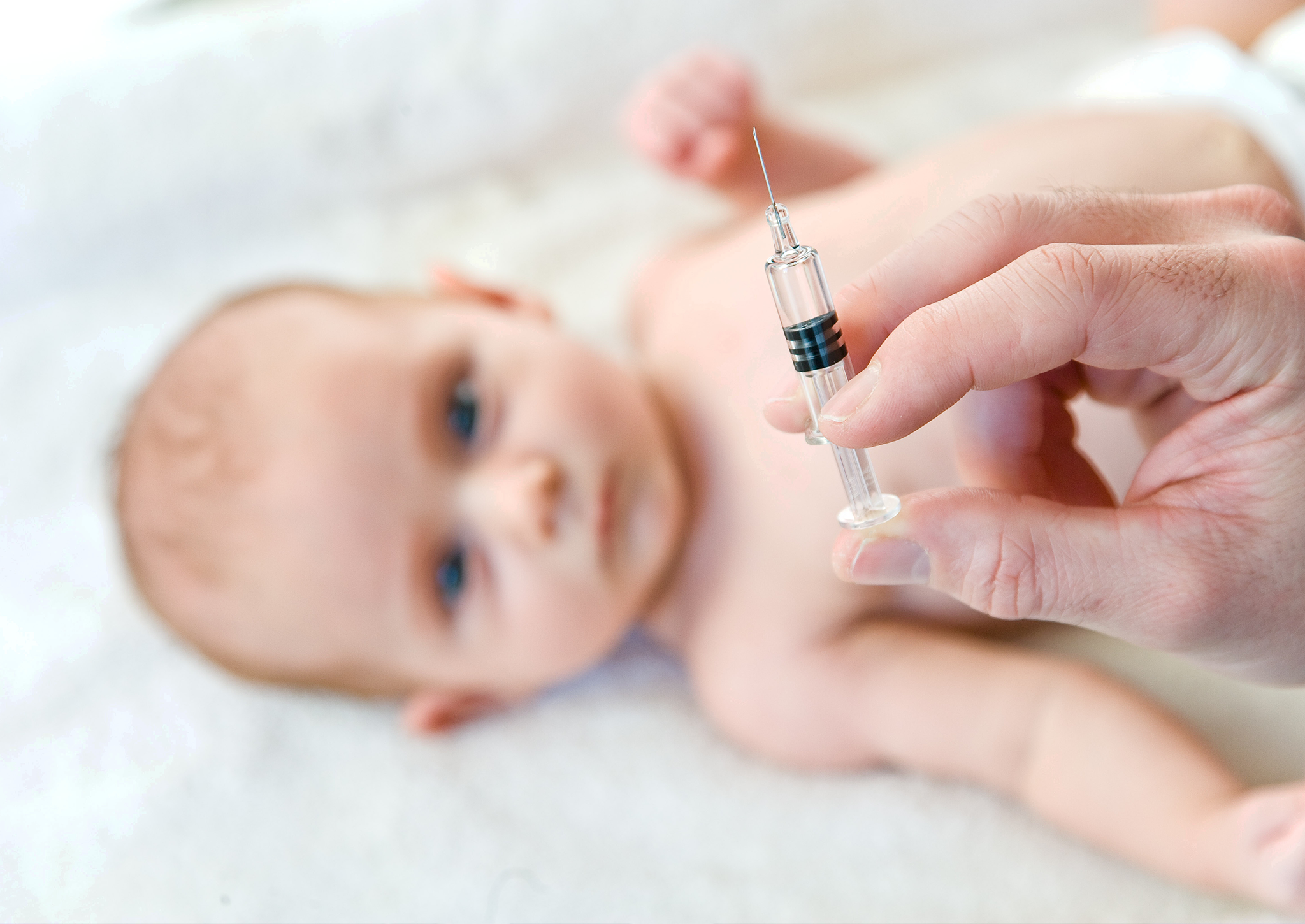'Can you write that it’s really hard, trying to do the right thing?': The UK's anti-vaccination movement is alive and well, and we can't ignore it
Parents refusing to vaccinate their children isn't just an American issue, but is happening across Britain. I met with some of them to find out why

“The earth is round, the sky is blue, and #vaccineswork,” tweeted Hilary Clinton on Monday. Yet not everyone agrees with her: a growing number of Americans are refusing to immunise their children against deadly diseases.
A debate over vaccines has been raging all week in the US, after the “ant-vaxx” movement was blamed for an unprecedented outbreak of measles. It was thought that the disease had been eradicated 15 years ago, but it has now spread to 14 states and infected over 100 people.
However, what most people don’t realise is that some of the same factors are turning a growing number of UK parents against vaccination, too. As a lobby, they’re far less visible than that in the US, but much of their rhetoric is the same.
I met with a number of parents and activists last year when I was researching the clutch of groups and individuals in the UK opposed to childhood immunisation, whether that be the MMR vaccine specifically, or all vaccines. What I discovered was that, as in the US, ignoring or disregarding them isn't the solution: if we want to avoid a similar measles outbreak in the UK, we need to understand why parents choose not to vaccinate.
Vaccine doubts, both here and in the US, peaked in 1998, when Dr Andrew Wakefield co-authored a study in medical journal The Lancet linking the Measles, Mumps and Rubella (MMR) vaccine with autism. The article was discredited, but studies show that parents’ confidence in the vaccine didn’t spring back to normal levels even after the debunking. Public Health England believes the study caused the 2012/2013 UK outbreak of measles, and MMR vaccination levels now hover around 92 per cent - 3 per cent lower than the level recommended by the World Health Organisation.
Arnica is a nationwide network of parents’ groups that first began in 2007 to promote “natural immunity” as an alternative to vaccination. Along with other similar groups in the UK, it allows doubting parents to find kindred spirits. Many of them say they feel “patronised” by our health services, and have been shut down by their GP or health visitor when they've tried to discuss vaccines. Since 2007, Arnica’s numbers have grown swiftly, and there are now 80 groups around the country, whose mailing lists number anywhere from single figures to the hundreds.
Anna Watson leads Arnica, and is a thorn in the side of the vaccine establishment. She grills officials on vaccination at health conferences, has made complaints to CBBC after they showed a puppet getting vaccinated onscreen, and regularly comments on NHS disease information pages online, calling their facts on vaccination into question.
There are also those parents who turn on vaccination after hearing stories of vaccine damage, or when their own child reacts badly to a vaccine. The numbers aren’t high: UK’s Vaccine Payment fund has only paid out around 20 times in the past 10 years, but over 800 unsuccessful claims have also been also made.
Jackie Fletcher was one of those few successful claimants. Her son, Robert, started having epileptic fits at thirteen months, days after having his first MMR vaccination. His symptoms quickly got worse, and now he can’t walk, speak or eat on his own.
Fletcher founded the support group Jabs in 1994 after meeting other parents in similar positions in hospital waiting rooms, and believes that the failure of the "Yellow Card" vaccination side effects reporting system in the UK (the system is voluntary and online, but very few people know about it) means that we have no real idea of how many people have been damaged by vaccines.
She told me horror stories of parents threatened with social services if they don’t immunise, or who are afraid to take their child to the GP because they are harangued about vaccinations on every visit.
What I discovered after speaking to Anna, Jackie, and many other parents, is that their doubts about vaccination stem from the fact that it’s a health decision being made on behalf of another person - and not just anyone, but their own children.
That’s why the difference between parents and health organisations is one of perspective: governments’ vaccine programmes are, as Watson describes it, “population driven” - dedicated to doing what’s best for the world’s population as a whole. Parents, meanwhile, are child-focused.
For most vaccines, there's around a 1 per cent chance of an adverse reaction, and even less of a chance of this being serious. But for the parents I spoke to, this fractional possibility is more than just a number. If your child was unlucky you would live with the guilt forever.
At the Arnica group I attended last year, one of the mothers stopped me as I left. “When you write about us, can you include something for me?” she asked. “Can you write somewhere that it’s really hard, trying to do the right thing? People say you’re a bad mother; that you’re putting your child’s life at risk, but you can only do what you think is best. You’d never forgive yourself otherwise.”
Many sneer at the anti-vaccination movement, but this won't help solve the problem. We need to bring the doubting parents back on board. This means having better information for parents, better data collection on adverse vaccine reactions, and improved training for healthcare professionals on dealing with vaccination queries. Telling unsure parents that the vaccine decision isn’t theirs to make is only going to alienate them further.
Join our commenting forum
Join thought-provoking conversations, follow other Independent readers and see their replies
Comments
Bookmark popover
Removed from bookmarks